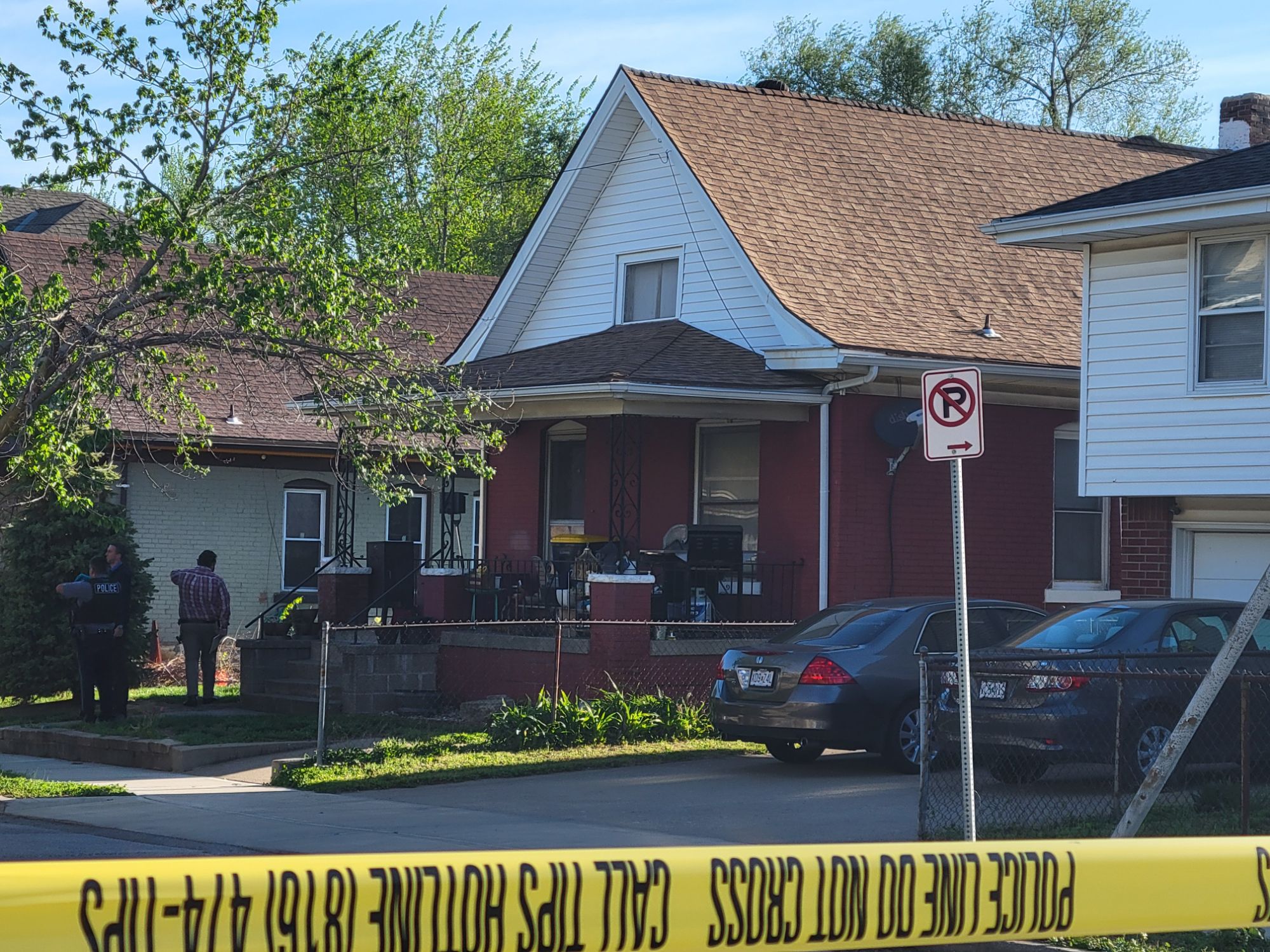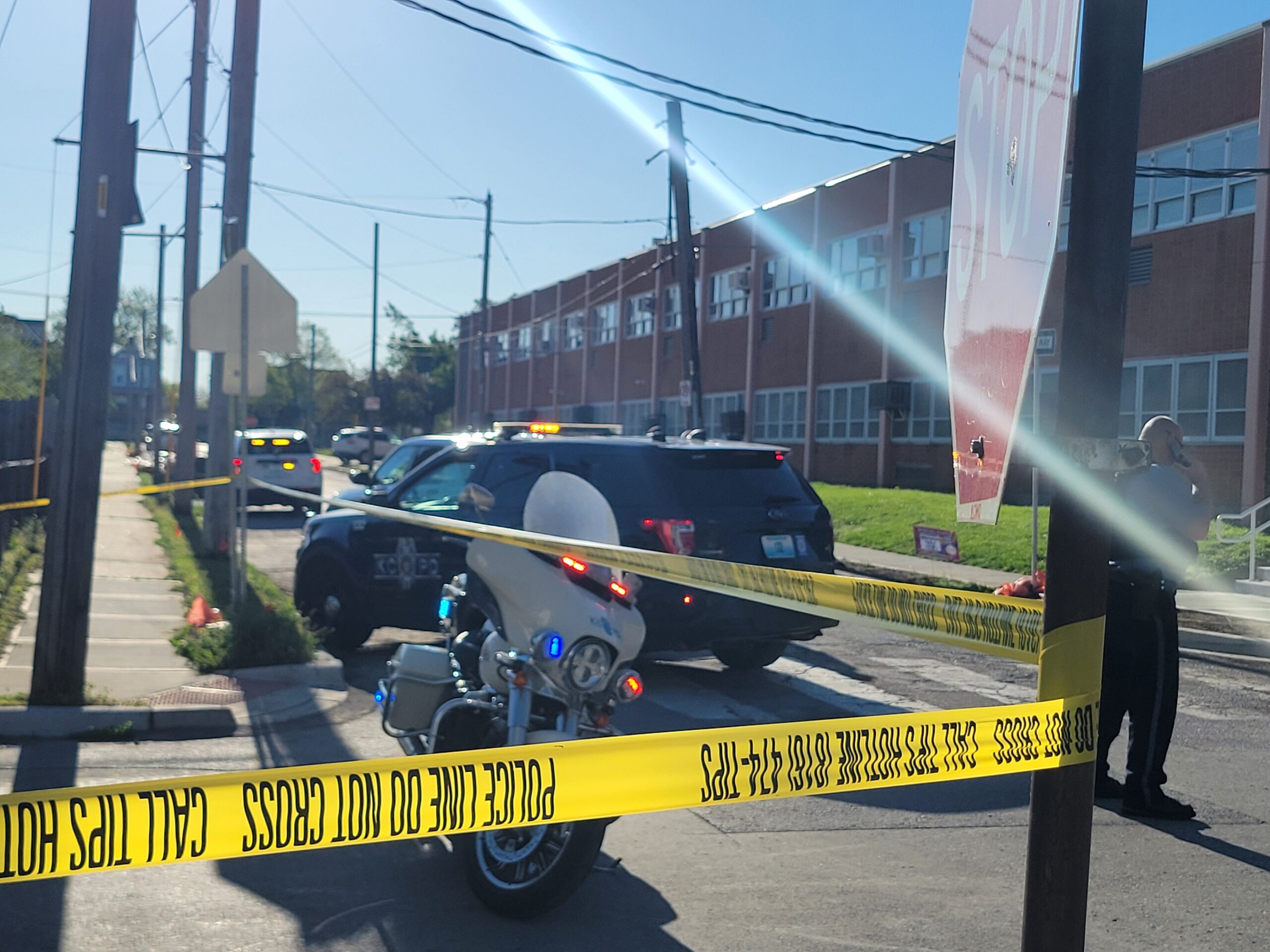By LESLIE COLLINS
Northeast News
March 20, 2013
City council members have pledged their full support for renewing Kansas City’s temporary portion of the health levy, which helps fund the ambulance service and indigent medical care.
Kansas City voters will decide the health levy’s fate on April 2.
Adopted in 2005, the temporary health levy, which accounts for approximately $15 million or about one-third of the city’s permanent Health Levy Fund, will expire next year without a “yes” vote and is a 22 cent ad valorem tax per $100 of assessed valuation on real and tangible personal property within Kansas City. An owner of a $100,000 home pays less than $4 per month on the temporary portion of the health levy.
If approved by voters, the temporary health levy would be renewed for another nine years.
“There’s no question about the continued need we have in Kansas City to provide these health services for our citizens,” City Council member Ed Ford said during the Jan. 9 city Finance, Governance and Ethics Committee meeting. “Since the tax was first adopted eight years ago, we have gone through a terrible recession, a jobless economy. A lot of people who had (health) insurance no longer do.”
Each year approximately 45,000 residents, who are either uninsured or underinsured, utilize the health services provided through the health levy, said Dr. Rex Archer, director of the Kansas City, Mo., Health Department.
“We pay for this one way or another,” Archer said. “If we didn’t have the system we have right now, all of our private health insurers would be at much higher rates than they are currently because providers have to cost shift and charge more to private insurance because they’re not getting compensated on the indigent care side.”
“Continuing this funding at the current level is about patient care and Kansas City improving access to care and improving health status, adding to Kansas City’s neighborhoods and economy and providing high quality trauma services which are vitally needed,” said Gerard Grimaldi, vice president of health policy and government relations at Truman Medical Centers.
Kansas City’s health levy currently funds two hospitals, Truman Medical Centers and Children’s Mercy, along with six area non-profit health care providers like Samuel U. Rodgers Health Center, Northland Health Care Access, KC Care Clinic, among others, to offset the cost of indigent health care. In addition, approximately $10 million of the levy goes toward the city’s ambulance service. Truman Medical Centers receives the bulk of the levy, about $26.4 million.
Thanks to the health levy, 11 women took advantage of a health screening in 2012 and learned they had breast cancer, said Hilda Fuentes, chief executive officer of Samuel U. Rodgers Health Center. Those 11 women also received assistance in paying for cancer treatment because of the health levy and charity care from Truman Medical Centers, she said.
Last year, Truman Medical Centers provided $128 million in uncompensated care and costs – about 2.5 times more than in 2005, Grimaldi said. Health levy dollars help cover that cost.
“Truman Medical Centers would not be able to continue to offer the same level of quality and care without the funds received from the health levy,” Truman Medical Centers President and Chief Executive Officer John W. Bluford said in a press release. “Our community’s safety net providers strongly support the renewal of the health levy, which helped pay for more than 140,000 patient visits last year alone.
“Services made possible in part by health levy funds include vital mental health services, treating serious and persistent mental illness as well as critical prevention programs, such as mammograms, childhood immunizations, nutrition programs and early childhood interventions.”
Even if the Missouri legislature voted to expand Medicaid eligibility, not everyone in need would be covered, said City Council member John Sharp.
Sharp pointed out that if an individual is covered by Medicaid, the Missouri reimbursement rates to health care providers are “abysmally low.”
While the base rate for an advanced life support, non-emergency ambulance transport is $450 in Kansas City, Medicaid only pays $167.27, he said during the Jan. 17 city council meeting.
“The amount it (Medicaid) pays is only 37.2 percent of the bill. On emergency transports it’s even worse,” Sharp said.
For emergency transports, Medicaid pays about 26 percent of the bill, he said.
Currently, slightly more than 3/4ths of a million Missouri residents are uninsured and about 10 percent of that population resides in Kansas City, Archer said.
“The Affordable Care Act was designed to take on about 1/3 of that uninsured population, so it’s important but it doesn’t do the whole piece,” Archer said.
A number of Affordable Care Act initiatives won’t fully be implemented until 2020, City Council member Scott Wagner said during the March 12 Northland Neighborhoods, Inc. ballot forum.
“Until those benchmarks are done in 2020, there’s still a bridge that we need to make and that’s where the health levy comes in,” Wagner said.
If the need for the temporary health levy ceased to exist during the nine-year period as a result of expanded Medicaid and the Affordable Care Act, the city council could vote to terminate the temporary levy, Ford said.
A number of Kansas City residents said they’ll vote “no” on the health levy renewal as a result of exorbitant hospital CEO salaries. According to the Kansas City Business Journal, the Truman Medical Centers CEO earned $1.5 million in 2009 and Children’s Mercy Hospitals and Clinics CEO earned $1.9 million.
When Northeast News asked Wagner about the salaries, he said, “At the end of the day it comes down to providing service. The reality is I don’t care how much someone makes running a hospital. If the levy fails, then the people who really get hurt is everyone else who’s looking for the service…
“Every organization out there has a budget. The market says what someone is going to make in those executive positions, but they also get a lot of money from other sources too, through private fundraising and other things.”
If the health levy renewal doesn’t pass, the CEOs will continue to earn the same salary, Wagner said.
“We have to prove in many ways – mostly reports and random checks – that we’re utilizing those dollars for the uninsured and that’s exactly where it’s going,” CEO of Northland Health Care Access Karen Dolt told Northeast News. “I’ve heard that argument, too, about Truman, but it’s a hospital. It’s what any hospital is doing with their CEOs. It’s the nature of the business, the industry.”
Fast Facts
Temporary portion of health levy
•In 2012, it helped fund 140,000-plus health visits in Kansas City.
•Generates $15 million each year to cover indigent medical care.
•If the levy isn’t renewed, programs like mammograms, childhood immunizations, nutrition programs, among others, will be discontinued.


















